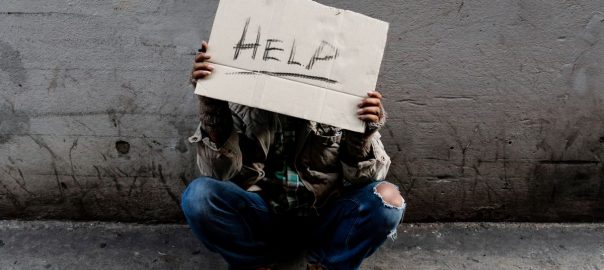To you I lift up my eyes,
O you who are enthroned in the heavens!
As the eyes of servants
look to the hand of their master,
as the eyes of a maid
to the hand of her mistress,
so our eyes look to the LORD our God,
until he has mercy upon us.
Have mercy upon us, O LORD, have mercy upon us,
for we have had more than enough of contempt.
Our soul has had more than its fill
of the scorn of those who are at ease,
of the contempt of the proud.
So goes Psalm 123.
The prayer is –
Simple,
Direct,
Trusting,
Confident.
It is a Song of Ascents. Said differently: it looks up. Originally voiced while on pilgrimage, the people traveled, from lands near and far, to Jerusalem for a religious festival. They sang their hoped-for fortunes as they went. It is a prayer in motion.
It is sung in community, on a journey to the divine.
It is sung outdoors, under the sun, the moon, the stars.
The song begins.
I lift my eyes to you,
Who are enthroned above.
Servants rely on those they serve.
Maids rely on who owns what they clean.
So too their eyes look to the Lord their God.
The people pray for care.
Have mercy upon us, they petition,
Have mercy upon us, O Lord.
Have mercy upon us!
They request mercy –
Not once,
Or twice,
But thrice.
Mercy is to –
Show unconditional regard;
Offer love that is complete;
Give oneself to the wellbeing of another soul.
It is to do so without prerequisite.
Mercy is needed because the community the Psalmist speaks for is being treated with contempt.
Contempt is to –
Despise;
Mock;
Scorn.
It is to treat someone as less than you.
When it comes to the contempt they have suffered, the Psalmist says they have had enough. Enough of what? The Psalmist continues: these pilgrimage people are being scorned by those who are at ease.
Esteemed theologian Walter Brueggemann notes this same phrase, those who are at ease, is also found in Amos 6:1. There the phrase is a reference to affluence, those with financial means. The affluent, says Amos, are often –
Arrogant,
Self-indulgent,
Indifferent to those with less.
Those who are at ease often struggle with how to treat people who depend on someone else’s thumbs up, or thumbs down, to simply survive.
Yet ours is a God who hears the cry of the desperate. This is the crux of Psalm 123.
Reflecting on this text, I can’t help but be reminded of our unhoused friends here in Des Moines.
They too travel from lands near and far.
They too voice hoped-for fortunes.
Theirs too is a prayer in motion.
All done under the sun, the moon, the stars.
Their Song of Ascents, from people with so little, in need of so much, might go something like this:
A Psalm of the unhoused.
To you I lift up my eyes,
Creator of all that is.
As the eyes of an employee
look to their manager,
as the eyes of a patient
to their surgeon,
so the eyes of the unhoused
look to the Lord our God,
until you have mercy upon us.
Have mercy upon us,
the unhoused, Lord,
have mercy upon us!
For we have had more
than enough of contempt.
We are scorned by people of means.
Swept from public lands,
businesses, non-profits,
communities of faith.
All on land you, O Lord, created,
and claim as your own.
Our bodies deteriorate,
our mental state is weak,
our social connections few.
Our emotional and spiritual needs? Ha!
We struggle to be seen as even human;
often we struggle to even be seen.
Then, in the distance, a sign,
on the building,
at the corner,
of Watson Powell and 6th.
ALL ARE WELCOME it boldly states.
Then, on that same building,
another, in letters many feet tall:
IN THE CITY FOR GOOD.
What does this mean?
Might it include we, the unhoused?
Might this place show your mercy, O Lord?
Might here be a source of nourishment,
emotional, spiritual care?
Or will we be placed in contempt,
as elsewhere we so often are?
To you, we lift up our eyes,
Creator of all that is.

